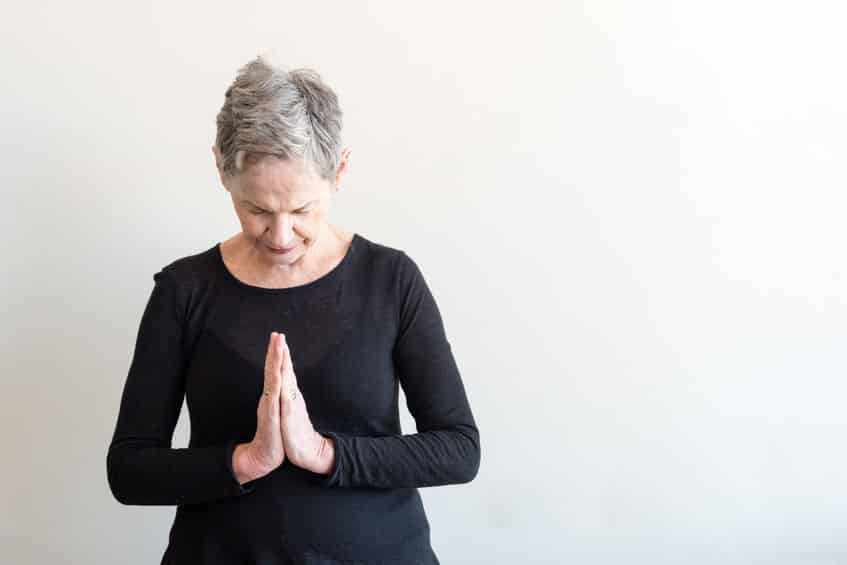By John Salak –
Maybe, just maybe, life does get better with age. At least that’s what researchers from Australia’s Flinders University report.
These researchers discovered that certain elements of “mindfulness” are more apparent in older people than their younger counterparts and that these matures are applying it more effectively to improve their own wellbeing.
In case you’re wondering, mindfulness refers to a person’s natural ability to be aware of their experiences and to pay attention to the present moment in a purposeful, receptive and non-judgmental way. This characteristic is particularly useful for reducing stress and promoting positive psychological outcomes, according to these British researchers
The university based its findings on an online survey of 623 individuals between 18 and 86 years old.
“This suggests that mindfulness may naturally develop with time and life experience,” says behavioral scientist Tim Windsor, an associate professor who co-authored the Flinders study. “The significance of mindfulness for wellbeing may also increase as we get older, in particular the ability to focus on the present moment and to approach experiences in a non-judgmental way.”
Leeann Mahlo, the study’s lead author, stressed that mindfulness skills can help build wellbeing at any age, yet she noted that this characteristic appeared particularly important in dealing with age-related challenges.
“The ability to appreciate the temporary nature of personal experiences may be particularly important for the way people manage their day-to-day goals across the second half of life,” she explained. “We found that positive relationships between aspects of mindfulness and wellbeing became stronger from middle age onwards.”
The research may take on additional significance if tailored training approaches can be developed and deployed to help build and apply mindfulness skills in older populations, she added.
Mind over matter among older individuals was also the focus of an earlier study by the Seoul National University in South Korea, which reported that elderly people who feel younger actually showed less signs of brain aging.
Researchers at the Korean university used MRI brain scans to reveal with those individuals who said they felt relatively younger than their actual age showed significantly less wear on their brains. The study also brought into question “subjective age,” which relates to how to judge an individual’s functioning age.
“Why do some people feel younger or older than their real age?” asked Dr Jeanyung Chey, the study’s author. “Some possibilities include depressive states, personality differences or physical health. However, no-one had investigated brain aging processes as a possible reason for differences in subjective age.”
The university’s research team performed MRI brain scans and conducted related questionnaires on 68 healthy people whose ages ranged from 59-84 years to gain deeper insights on subjective aging. They found that people who felt younger than their age were more likely to score higher on a memory test, considered their health to be better and were less likely to report depressive symptoms. These individuals also showed increased gray matter volume in key brain regions.
“We found that people who feel younger have the structural characteristics of a younger brain,” Chey reported. “Importantly, this difference remains robust even when other possible factors, including personality, subjective health, depressive symptoms, or cognitive functions, are accounted for.”
Ultimately, making age can be accomplished by adding up the years. But determining someone’s functioning age may take more than simple math skills.













